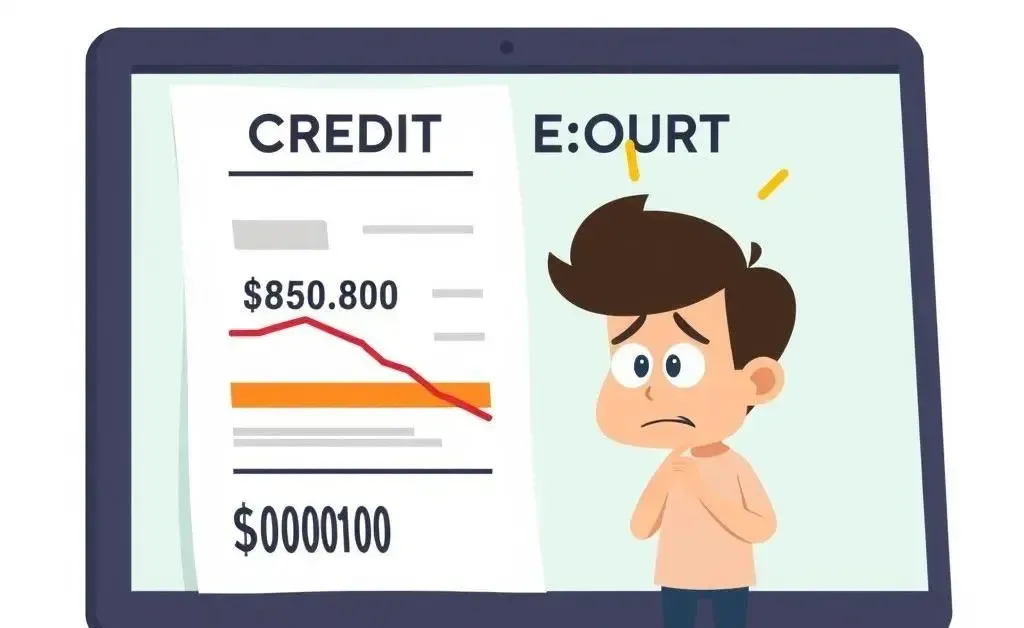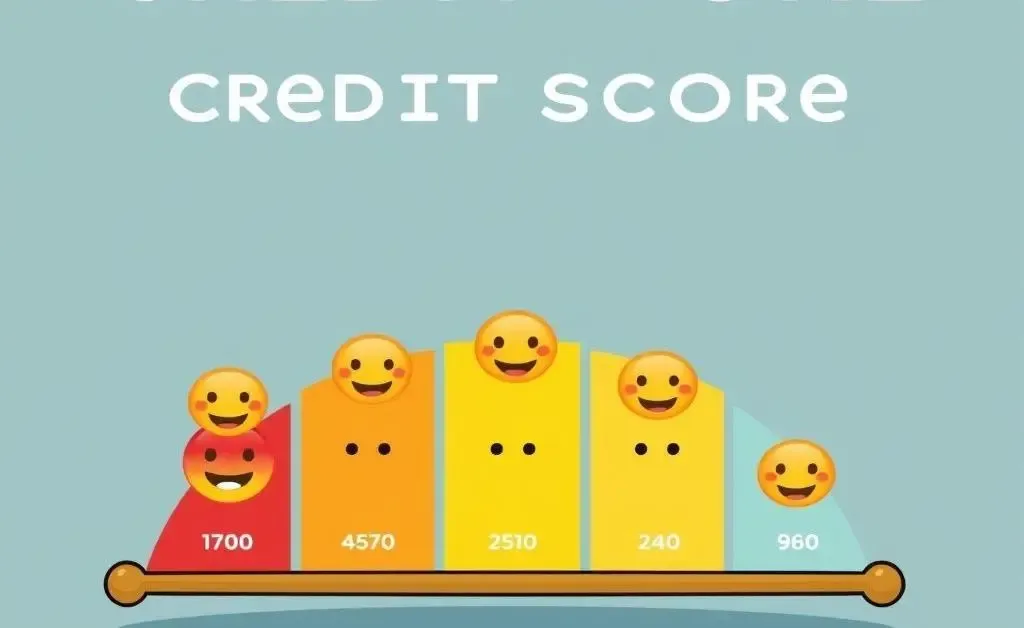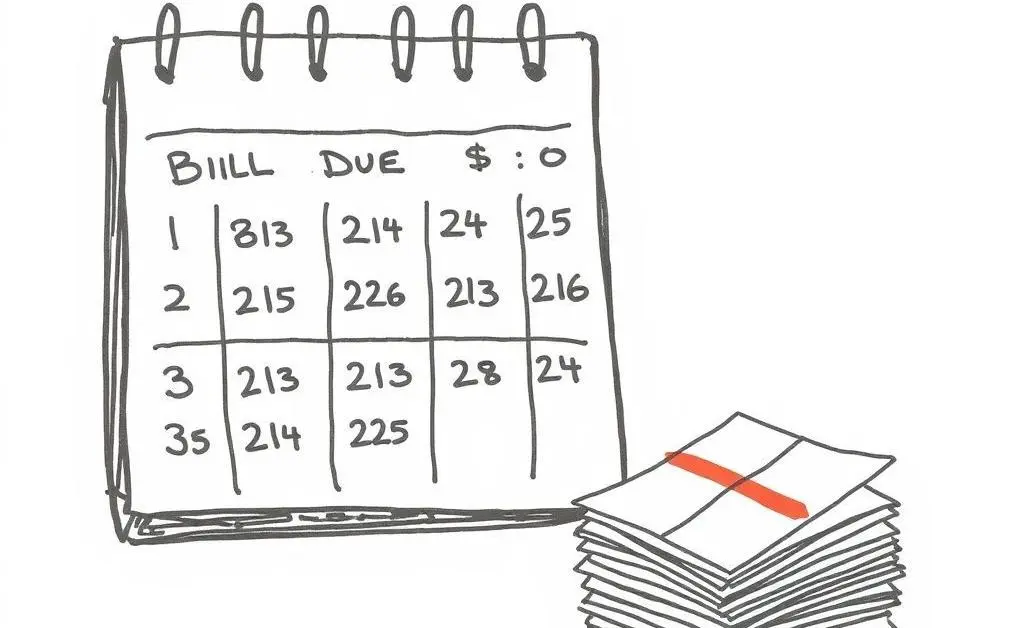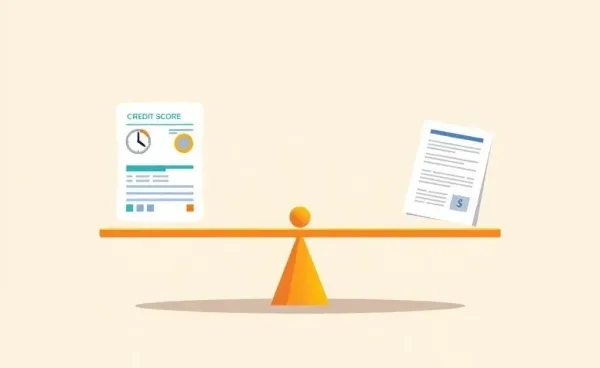How a Missed Payment Affects Your Credit Score and What You Can Do About It
Discover the impact of missed payments on your credit score and learn practical tips to rebuild credit effectively.

Ever missed a payment, then dreaded checking your credit score like it's a horror movie? You're not alone. A missed payment not only shakes up your financial peace but also nudges your credit score in the wrong direction. In this post, we'll dive into what happens to your credit score when a payment slips through the cracks, and explore how you can mend it.
What Happens to Your Credit Score With a Missed Payment?
First off, it’s key to understand that a missed payment isn’t a personal finance death sentence. However, it does have immediate implications, especially if the payment is overdue by 30 days or more. Credit scores can drop significantly; sometimes up to 100 points! But, it's a sliding scale. The later the payment and the higher your initial score, the harder the fall.

Why Does It Affect Your Score So Much?
Your payment history is actually the most significant factor in calculating credit scores. It usually makes up about 35% of your overall score. Lenders bank on your past resolutions to predict future behavior, and any slip in reliable payment history can set off alarms.
How Can You Bounce Back?
No need to set off panic alarms; recovery is within reach. Here are some soothing, actionable steps:
- Catch Up: Pay the overdue amount as soon as you can. The longer you delay, the trickier it gets.
- Communicate: Contact your lender. Some lenders provide hardship programs that can help you get back on track.
- Budget Wisely: Adjust your budget to prioritize paying bills on time. Setting reminders can really help keep you facing forward financially.
- Monitor Your Report: Regularly check your credit report for errors. One in five reports have errors, so keep those eyes peeled!

How Long Does It Take to Recover?
There's no overnight fix, but with dedication, you’ll usually start seeing improvements within 3 to 6 months. The full recovery, though, could take up to 7 years. Don't let that dishearten you; what's important is that the damage lessens over time as you prove trustworthiness again.

Final Thoughts: Keep Moving Forward
Financial missteps are part of life’s learning curve. While a missed payment can dampen your credit score temporarily, it’s your proactive approach to fixing it that counts most. Have you ever slipped up on a payment? What strategies did you employ to recover your score? Share your thoughts and let’s continue the journey towards financial resilience together!




